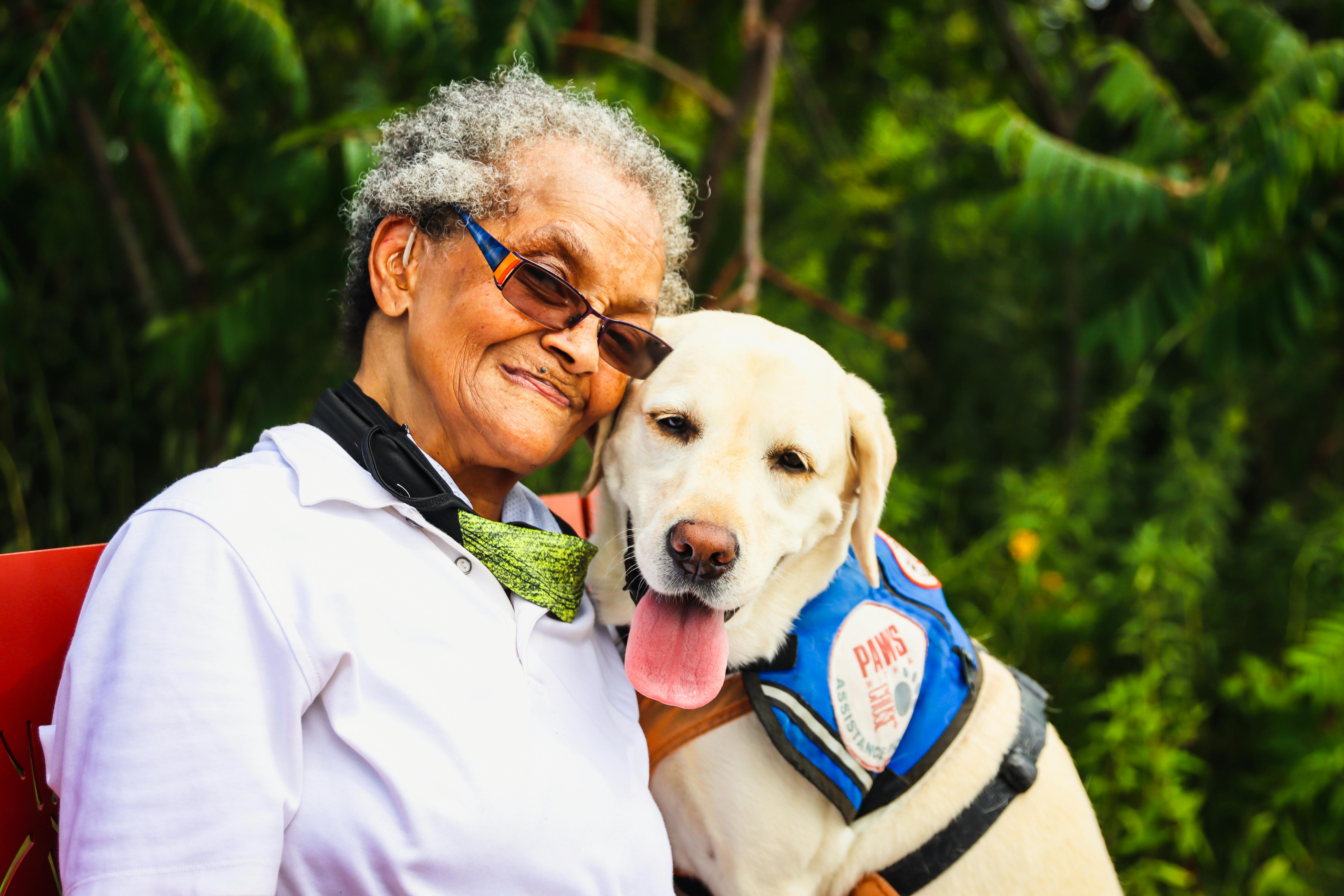
When our beloved pups enter their golden years, it’s not uncommon to notice some peculiar shifts in their personality. One owner shared their experience with a 14-year-old anxious girl whose recent senior dog behavior has become, well, a bit weird. It seems many pet parents are seeing similar things, from intense staring to clinginess. This shift can be unsettling, making us wonder what’s really going on with our aging companions.
New Anxieties Emerge
Unusual Clinginess
It’s kinda startling when your dog suddenly starts staring you down, right? This old girl, at 14, now follows her humans everywhere, even if her food and water are full, and she’s just been outside. This new level of ‘up our butts’ is something many senior dog owners recognize.
Honestly? It makes you wonder what’s going through their little minds.
Elevated Separation Worry
As dogs get older, their separation anxiety in dogs can really shoot up. One owner’s normally independent 13-year-old became unable to cope with them being gone overnight, despite having a dog door and a yard. It’s a huge change for everyone involved.
This kind of anxious dog behaviour is tough to navigate.
Unexplained New Habits
Another weird new habit reported was an old dog going into the daughter’s room just to lay down, even though they usually had a “live and let live” relationship. It wasn’t about missing her; it was just… different. These odd, new routines can leave us scratching our heads.
Sometimes, there’s just no clear explanation, is there?
Signs of Cognitive Decline
Doggy Dementia Suspicions
Many folks suspect their old dog’s “weirdness” might be canine cognitive dysfunction, or “doggy dementia.” It’s a pretty common part of aging for pups, unfortunately. One 14.5-year-old was diagnosed at 13 after showing similar changes, with the vet simply advising patience.
It truly highlights how much aging impacts them, much like it does us.
Disorientation and Staring
Some dogs start doing really puzzling things, like standing in a corner facing the wall and just staring. This type of dog behavior problems can be a concerning sign, and one vet even suggested medication to slow the decline if caught early. It’s not something you expect, is it?
Makes you think about what they might be experiencing.
Memory and Awareness
While some changes might be dementia, not all “weird” behavior means memory issues. One person’s dog stared and followed before passing, but didn’t seem to be forgetting things. So, it’s not always about memory loss directly.

That’s a nuanced point, and a relief for some, I imagine.
Physical Changes, Hidden Pain
Sensory Abilities Waning
Sometimes, new dog behavior problems are simply due to their senses fading. It could be harder for them to see or hear, prompting them to keep closer tabs on you. An owner noticed their dog, who never did it before, would now gently touch a nose to a leg or lean against them.
It’s a subtle way they try to reconnect when things get fuzzy.
Underlying Health Concerns
Any time an older dog’s behavior shifts, it’s wise to consider if arthritis pain could be a factor. Pain can make them restless or clingy. And in rare cases, as one person shared, similar symptoms led to a diagnosis of meningoencephalitis, an immune-mediated brain disorder.
So, it’s not always just “old age,” is it?
Vet Checks are Key
Frequent outdoor visits, even without incontinence, warrant a vet visit. This owner’s dog had a normal kidney panel, which was good news. But it just shows why medical checks are so important to rule out physical causes for behavioral changes.
Better safe than sorry when it comes to their health.
Comforting Our Aging Pups
Consistent Daily Routines
Keeping your senior dog behavior consistent can be really helpful. It provides a sense of security and predictability, especially if they’re experiencing age-related anxiety or early cognitive decline. Simple things like meal times and walks can make a big difference.
A stable environment can be a great comfort.
Providing Extra Comfort
Offering extra comfort is paramount. Whether it’s more snuggle time, a softer bed, or just a calm presence, these gestures mean the world to an aging dog. As one person said, just love them all the same, and they’ll love you back.
Their remaining time is precious, after all.
Seeking Veterinary Guidance
If you suspect canine cognitive dysfunction, consulting your vet or even a veterinary neurologist is a good step. There’s a canine cognitive dysfunction checklist you can reference, and medications like selegeline, started early, might really help. Don’t be afraid to ask for a referral.
Professional advice can truly make a difference for their quality of life.